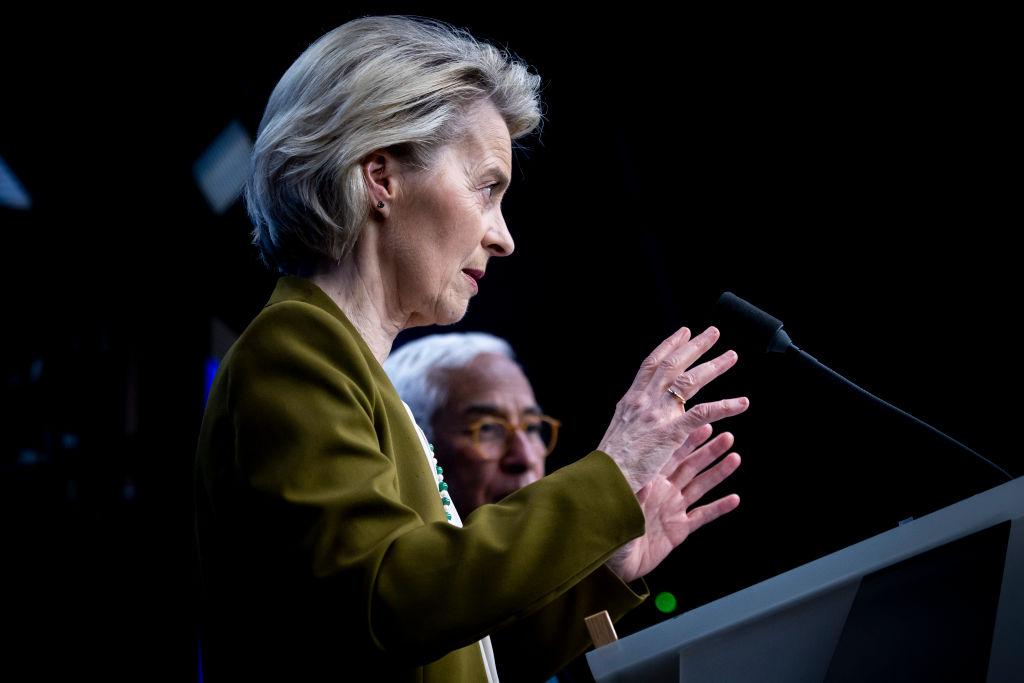The Tightening Grip: Pakistan‘s New Firewall Threatens Digital Freedom
Pakistan’s burgeoning digital landscape is facing a new threat: an increasingly sophisticated internet firewall modeled after systems used in China. This controversial project, dubbed by some as "Bannistan," is raising concerns about censorship, surveillance, and a chilling effect on online freedoms in a country already navigating political turmoil.
The government maintains the firewall will bolster national security and combat misinformation. They argue it’s necessary to address "digital terrorism" and protect state institutions from online attacks. Critics, however, argue that this justification is a pretext for widening control, undermining political dissent, and stifling
the flow of information.
A Drift toward Digital Authoritarianism
The stand-alone firewall, costing between $72 and $107 million, is intended to supplement the country’s existing Web Management System (WMS) acquired from Sandvine in 2018. While the WMS focused on URL filtering and deep packet inspection, the new system, reportedly built in China, is described as offering more robust surveillance and censorship capabilities.
Key features of this frightening tool include the ability to monitor online communication at all levels, selectively blocking app features instead of entire platforms. This level of granular control allows the government to target specific actions, such as WhatsApp voice and video calls, without fully shutting down the platform.
It also allows authorities to scrutinize metadata – information about who communicates, when, and where – even without accessing the content of messages.
This sophisticated level of monitoring enables extensive profiling and raises privacy concerns. Experts warn that metadata, while not the substance of private conversations, can still reveal sensitive information and be used to identify and target individuals.
The Firewall’s Rollout: A Tale of Disrupted Connections and Public Anger
Since mid-2024, citizens have reported frequent internet slowdowns, disrupted multimedia services, and blocked access to popular VPN platforms. Authorities have even cut off internet access entirely in select areas, most notably during recent protests against the arrest of former Prime Minister Imran Khan.
The timing of the firewall’s rollout coincides with a period of heightened political turmoil, fueling accusations that the government is using it as a weapon to control the narrative and suppress dissent.
Critics point to the government’s tendency to restrict internet access during protests, silencing voices of dissent and disrupting the spread of information carefully curated during political unrest.
***
## Economic Fallout: A Blow to Pakistan’s Digital Economy
The potential impact on Pakistan’s booming IT sector and its economy is stark. Freelancers, who rely on VPNs to access international clients, are particularly vulnerable.
Restrictions on VPN usage will not only increase costs for many freelancers and businesses but also threaten Pakistan’s growing reputation as a global outsourcing hub.
“This renoves trust in Pakistan’s digital reliability,” warns a spokesperson for the Pakistan Freelancers Association, emphasizing that disruptions could lead to job losses and missed opportunities.
***
##Opacity and Distrust: The Struggle for Transparency
While the government initially denied the existence of a firewall, describing the upgrades as mere extensions of the existing WMS, officials now acknowledge a shift in online policies.
Yet, little information regarding the firewall’s functionality or legal framework has been made public.
The lack of transparency has sparked significant public distrust, with many fearing unchecked state control and the erosion of digital freedoms within a tightly controlled digital ecosystem.
***
## A Dangerous Precedent?
As analysts predict the firewall will become fully operational by early 2025,
Describe the impact of Pakistan’s new firewall on the lives of ordinary citizens
## The Tightening Grip: A Conversation on Pakistan’s New Firewall
**Host:** Welcome back to the show. Today, we’re delving into a pressing issue impacting digital freedoms in Pakistan: the implementation of a new national firewall. Joining us to shed light on this developing story is Alex Reed, a renowned expert on digital rights and internet governance.
**Alex Reed:** Thanks for having me.
**Host:** So, Alex Reed, can you paint a picture for our listeners?
What exactly is this firewall, and why is it causing such concern?
**Alex Reed:** This firewall is a sophisticated system designed to monitor and control internet traffic within Pakistan. It builds upon existing systems, but this new iteration, reportedly developed in China, is significantly more powerful. Think of it as a digital gatekeeper, capable of filtering websites, blocking online services, and even scrutinizing the metadata of online communications – who’s talking to whom, when, and where – without even accessing the content of the messages. [[1](https://tribune.com.pk/story/2494442/pakistans-firewall-explained)]
**Host:** That sounds ominous. What are the stated reasons behind this move by the Pakistani government?
**Alex Reed:** The government claims it’s about national security. They argue it’s needed to combat “digital terrorism”, misinformation, and protect state institutions from online attacks. However, critics argue this is a thinly veiled attempt to control the narrative, suppress dissent, and eliminate any online space where people can freely express their views or criticize the government.
**Host**:
And what about the experiences of ordinary Pakistanis? Are they already feeling the impact of this firewall?
**Alex Reed:** Certainly. Since its rollout, citizens have reported widespread disruptions: internet slowdowns, blocked access to VPN services, and even complete internet shutdowns in certain areas. These disruptions are not only inconvenient but also stifle economic activity and limit access to vital information and communication. [[1](https://tribune.com.pk/story/2494442/pakistans-firewall-explained)]
**Host:** This sounds like a serious threat to digital freedoms and democratic principles.
Where do you see this going?
**Alex Reed:** This is a critical juncture. We need to see greater transparency from the government regarding the firewall’s capabilities and its implementation.
Civil society organizations and digital rights advocates need to
continue raising awareness about the implications of this technology and push for safeguards to protect fundamental freedoms online.
**Host:** It’s a conversation we’ll undoubtedly continue to have.
Alex Reed, thank you for sharing your expertise with us today.







